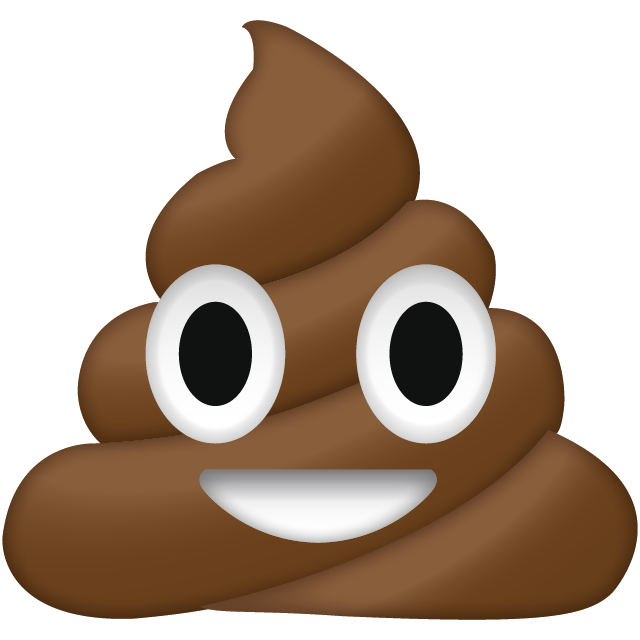

I think Disney is to American culture what McDonald’s is to American food. A corporate juggernaut that markets product not through quality but through advertising and name recognition, and starves out genuine American culture in the process.
I mean, what does it say that one of the most recognizable symbols of the United States, worldwide, is a cartoon mouse whose job is to sell toys to kids?
What message does that cartoon mouse send to the world about American values and American beliefs?
The idea that giving money to a corporation has become a rite of fucking passage in American society - the number of people who think their kids need to watch Disney movies so they can fit in with other kids, who think their kids will miss out on a fundamental part of American culture if they don’t take them to Disneyland at least once - absolutely horrifies me. Especially since the only political and moral message kids learn from Disney is “uphold the status quo and buy more Disney merch”.
Also, Disney is known for racism and sexism and cultural appropriation and union busting and copyright trolling and all sorts of general corporate bullshittery, and is currently shoving its feminist and LGBT representation back into the closet to appease Trump and avoid offending big conservative audiences in India and China and the Middle East, and there are plenty of smaller more specific reasons to hate them, but for me the whole “cultural vanguard of capitalism” thing outweighs the rest.























Right. Because attempts at perfection typically fail. Especially when it comes to diet. Quick and drastic dietary changes often lead to relapses and rebounds - yo yo dieting is a thing, after all - while gradually changing food habits is more likely to result in long-lasting dietary and health improvements.
It’s not about a “magical middle ground”. It’s about understanding how humans act.